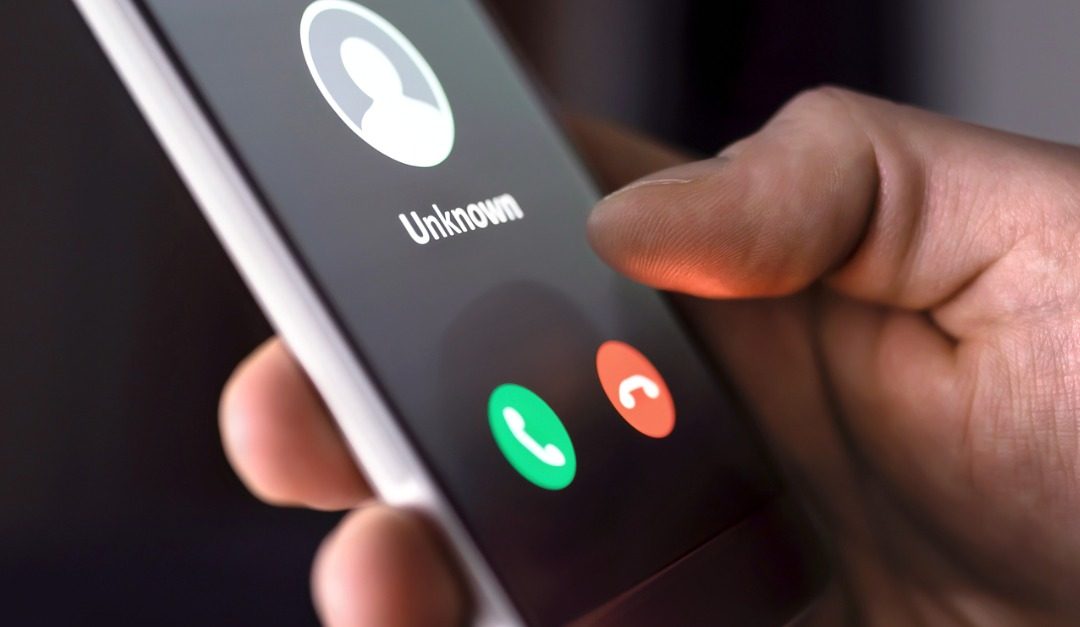There are some very unscrupulous characters who try to financially prey on unsuspecting people today, and many of them use the telephone to do it. Whether you get a call on your cell phone or landline, you should be aware of when a phone call isn’t legitimate.
Here are six things to help you ascertain whether or not an unsolicited phone call is really a scam:
You’ve been chosen. If the caller tells you that you’ve been selected to receive an amount of money, it should raise a big red flag. A caller will usually say you’ve been chosen to receive a grant or some other funding and will tell you that all you have to do is pay a processing fee. Hang up and report the call.
You’re a prize winner. If it sounds too good to be true, it probably is. If the caller tells you that you’ve won a major prize like an all-expenses-paid vacation or a large sum of money and all you have to do is pay a processing fee, it’s likely a scam call. Never give your credit card information to these callers. Contests that are legitimate aren’t allowed to ask for a fee.
Foreign lottery tickets. A caller who asks you to buy a ticket for a foreign lottery is likely a scammer. Although these foreign lotteries do exist, if it is on the level and you did win, chances are you would never be able to collect your money, so it’s best to stay clear of these lotteries.
Gift or bonus with purchase. If a caller tries to get you to buy something over the phone and offers you a gift or a bonus if you buy, it might be sketchy. It’s best just to say, “no thanks” and hang up. You have no way of knowing if the company is for real.
You owe the government money. When someone poses as being from Revenue Canada and tells you that you owe taxes and demands payment, it’s best to hang up and do some more investigating. This is a popular scam in Canada. If you do owe the government money, you will likely be sent a letter telling you so rather than getting a phone call.
Threaten you with arrest. Many times, these callers intimidate people by telling them they will be arrested if they don’t offer up personal information. They want to instill fear to try to get information. Hang up and report any threats to the authorities.




